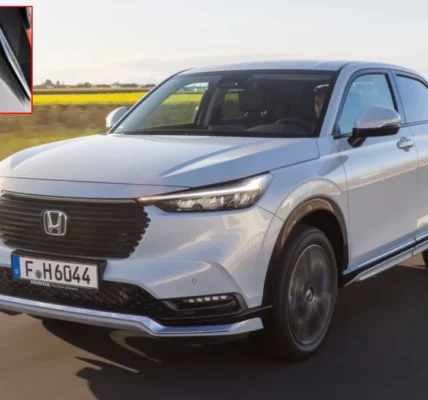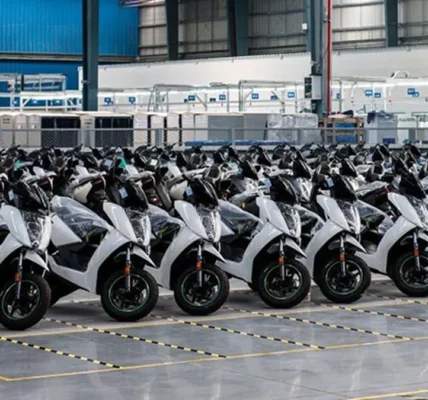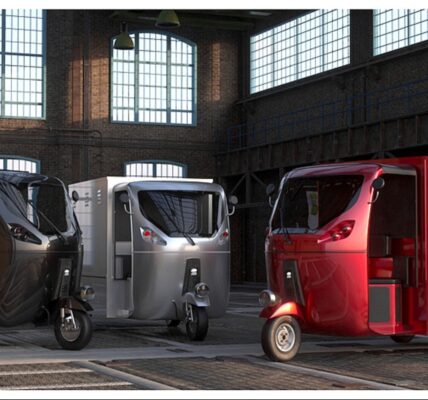According To The Transport Department, Delhi Will Have 150 More Electric Vehicle Charging Points By 2022.
In July, the Delhi government floated a tender to select vendors for setting up charging stations in shopping malls, theatres, multiplexes, department stores, hospitals, and residential areas.
By early next year, Delhi will have electric vehicle (EV) charging stations in at least 150 new locations across the national capital, senior transport officials said.
While the Delhi government is focusing on creating a demand for EVs, especially in the two and three-wheeler segments, experts said the city administration should consider offering concessions on land lease and new electricity connections that are needed for setting up an EV charging station.
Speaking at Connect Karo, a virtual conference organised by World Resources Institute (WRI) India, to discuss the scope of urban mobility in the country, Amit Bhatt, executive director (integrated transport) of WRI India, said 27% of the fixed investment for setting up an EV charging station goes towards getting a power connection, while 67% is incurred on the charger infrastructure itself. The remaining 3% goes into managing the software and so on. Similarly, when it comes to operating costs, 48% goes towards land rent and 48% on technicians and site maintenance, he said.
“There is not much scope to reduce costs in the other components. It is only in terms of land rent and electricity connection that the government can help reduce the cost of setting up charging stations. Currently, the cost of setting up a 10KW/15KW Bharat DC charger for a four-wheeler can go up to ₹2.5 lakh. For vehicles such as Tata Nexon, Hyundai Kona, MG 25 EV, the cost increases to about ₹10 lakh. For two and three-wheelers, the charger cost ranges between ₹50,000 and ₹1.25 lakh,” said Bhatt.
In July, the Delhi government floated a tender to select vendors for setting up charging stations in shopping malls, theatres, multiplexes, department stores, hospitals and residential areas. This was separate from the tenders floated and work orders issued by the government to empanel vendors to set up 500 charging points across 100 public spaces with most of them being located in bus depots and outside Metro stations.
Talking about China, which by now has at least 39,000 charging stations, Daizong Liu, sustainable cities program director, WRI China, said the EV transition there began from 2009. “Between 2009 and 2013, China started pilot projects and I feel that is the way that the other countries or cities should also go about to achieve their targets. During this period, China did the Olympic green vehicle demonstration and also launched the “ten cities, thousand vehicles” program, after which the EV transition took off,” he said. The program that Daizong spoke about was aimed at getting 10 Chinese cities to add at least 1,000 EVs annually over three years.
“There should be strong target oriented government policies to execute the transition to EVs. In India, we have some states that have notified good EV policies, but a solid programme with stricter mandates is required at the national level. In China, Beijing and Shanghai are leading the uptake of electric passenger vehicles due to private vehicle purchase and registration incentives. Shenzhen is leading the adoption of commercial electric fleets such as e-buses and e-freights due to traffic restrictions, operational subsidies and also operational will,” Daizong said.







